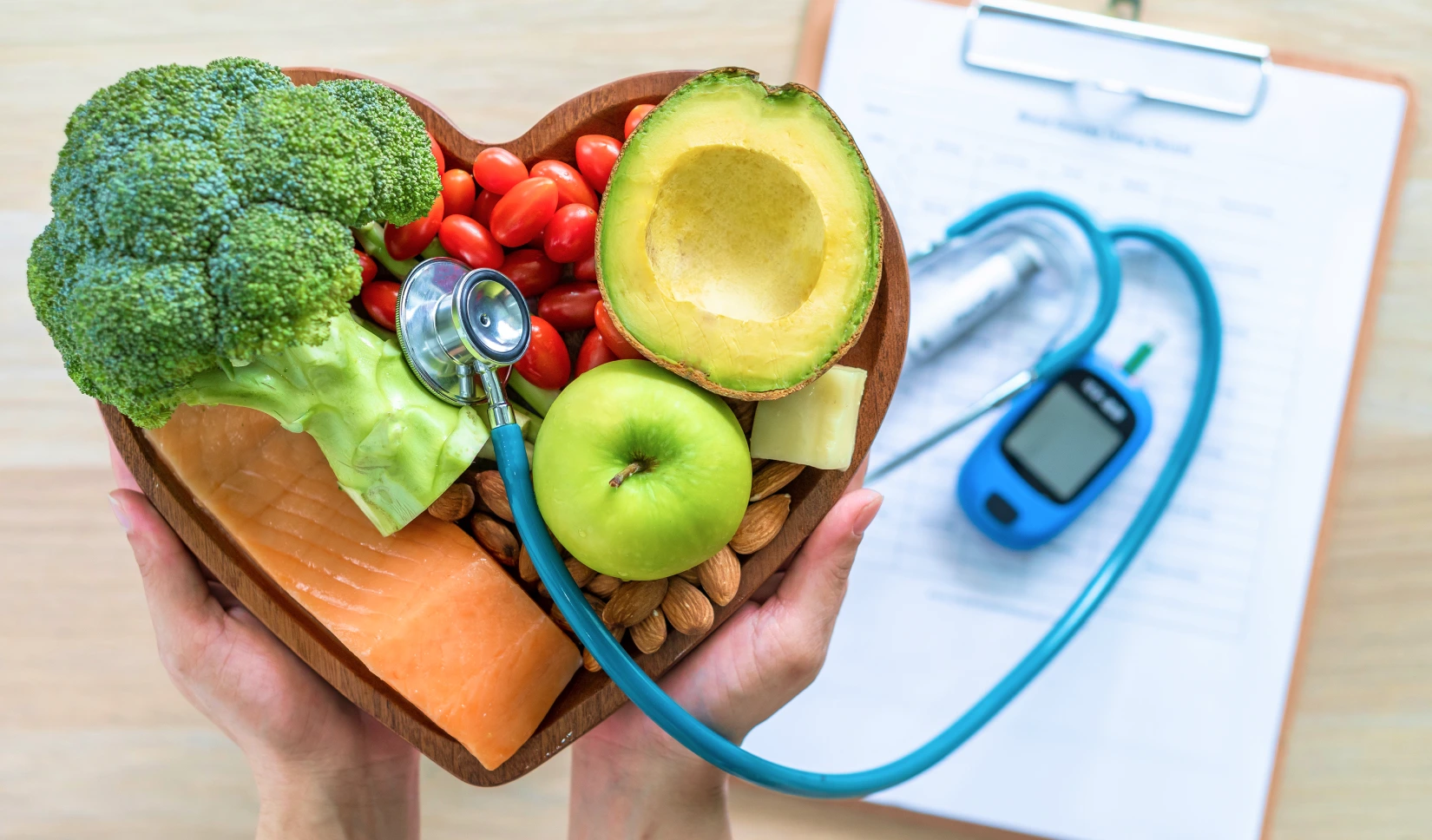LiveWell with Traditions connects members to vital resources to ensure continued nutrition after their post-discharge meal benefit ends.
Many older adults face food insecurity, which can make recovery after a hospital stay more challenging. Access to proper nutrition plays a vital role in long-term health and well-being. LiveWell with Traditions provides older adults with nutrient-dense meals during the post-acute discharge period and access to valuable community resources once their meal benefit ends—ensuring continued support for better health outcomes.
The impact of food insecurity and malnutrition on older adults
Nutrition is a key factor in overall health, which has led to the expansion of supplemental benefits, including meal delivery programs for Medicare Advantage members and dual-eligible individuals. After the typical post-discharge period, it is crucial for older adults at risk of malnutrition to have continued access to home-delivered meals that provide proper nutrition. This is especially important for those who enter the hospital with existing nutrition deficiencies, as ongoing access to nourishing meals supports recovery and long-term well-being.
- An article in the Journal of The Academy of Nutrition and Dietetics about malnutrition noted that fewer than half of older adults meet the Dietary Guidelines for Americans; and that food insecurity—which disproportionately affects older adults and underserved groups— can contribute to poor health outcomes, making access to proper nutrition essential for overall well-being.
- A study published by the National Library of Medicine shared that “malnutrition in hospitalized patients worsens both prognosis and quality of life by increasing mortality, morbidity, and infection rate, extending the hospital stay, reducing the response to medical treatment, and increasing both the re-hospitalization rate and health expenditure,” with another study reporting that food insecurity resulted in 1.94 times higher risk of readmission. Both studies point to the need for models of care that “ensure connection to community resources to resolve food insecurity and evaluate the impact on patient outcomes.”
- Among veterans, the social risk factor with the greatest probability of unplanned hospital readmission and emergency care was food insecurity.
How meal delivery programs combat malnutrition among vulnerable populations
The WellSky Foundation (a nonprofit dedicated to improving quality of life for vulnerable populations) conducted a study in 2024 in partnership with Meals on Wheels America among older adults in the post-discharge period from an acute setting. Results showed the positive impact meal delivery services have in reducing hospital readmissions among these individuals.
The dramatic data revealed that hospitalizations decreased by 85% just 30 days after the provision of home-delivered meals and a 93% reduction at the 90-day mark; plus, 98% of participants reported that the meal service helped their post-discharge recovery. These statistics show how healthcare and community-based organizations can ensure seniors have better health outcomes and avoid unnecessary hospital readmissions.
LiveWell with Traditions connects plan members to nutrition support for better health outcomes
With senior nutrition at the heart of what we do, LiveWell with Traditions provides post-discharge meal solutions with high-quality, nutrient-dense meals that meet state-specific and the Older Americans Act (OAA) nutrition requirements while offering high member satisfaction for taste and variety. But what happens after the meal benefit is done?
We are proud to say that LiveWell is the only home meal delivery provider that goes beyond meal delivery, connecting MAO plan members with vital resources that support long-term nutritional well-being. By linking members to local social service agencies, LiveWell ensures continued access to nutrition, promoting better health outcomes and long-term stability.
In collaboration with health plan case managers, LiveWell coordinates the post-discharge home meal delivery for members. Beyond the two-week benefit period, we tailor our outreach based on each plan’s preferred approach to member engagement to ensure that Medicare Advantage Plan members have access to continued nutrition support beyond their supplemental meal benefit.
By serving as a vital intermediary between MAOs’ members and social service agencies, and through educational resources, member outreach, and key community connections, LiveWell with Traditions strengthens access to nutrition support for older adults and vulnerable populations.This approach facilitates post-discharge nutrition solutions that enhance well-being, promote better health, and foster long-term stability for members beyond their initial meal benefit.
Long-term, nationwide solutions for older adults’ well-being
Working with a partner that can deliver nutritious meals nationwide—with the ability to scale and meet demand surges efficiently—is the first step to ensuring members get the proper nutritional support to avoid hospital readmission. Partnering with LiveWell with Traditions helps MAOs expand their value to members by connecting them with local programs that provide the long-term nourishment they need to foster better health and well-being.To learn more about how LiveWell with Traditions creates positive impacts for health plans and their members, contact us at 866-521-1796.



